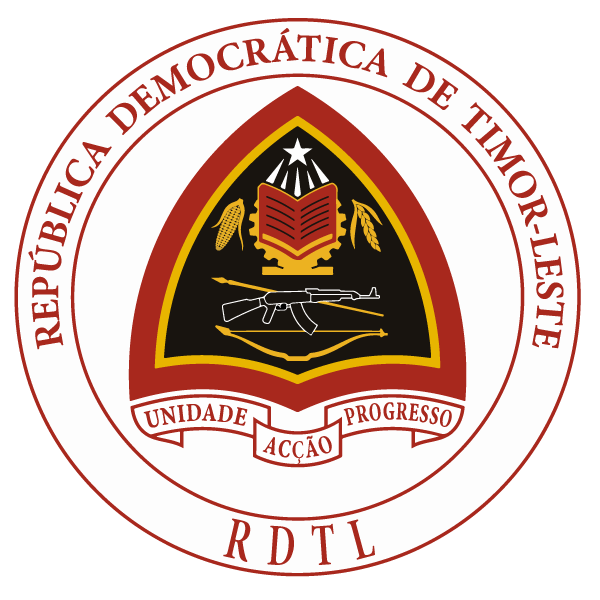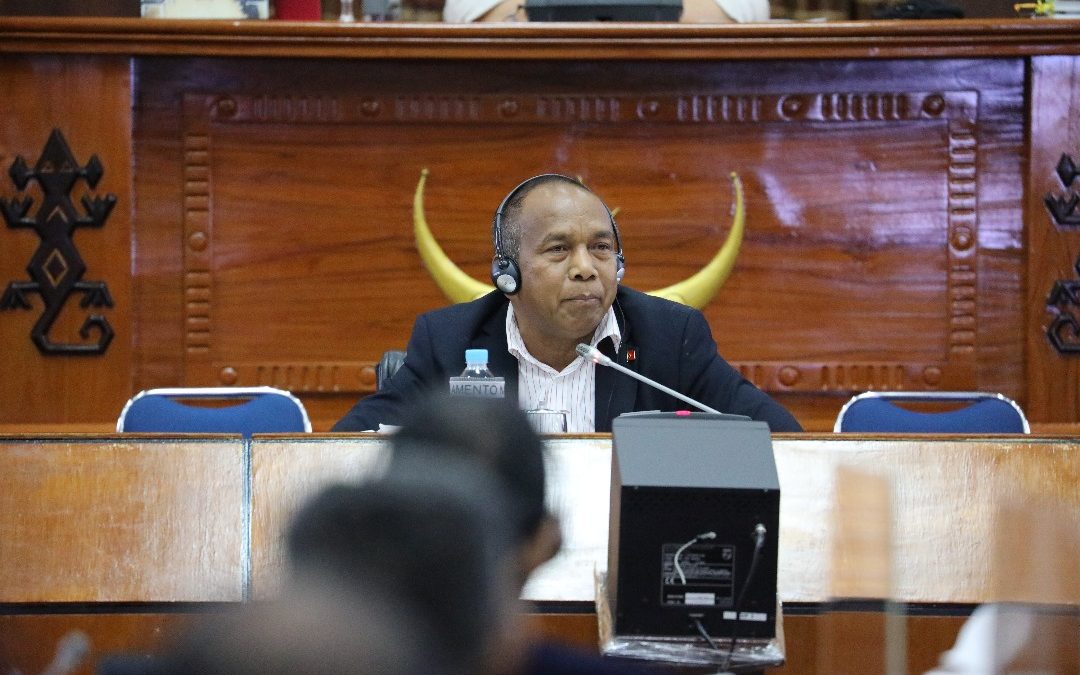The State delegates competence to the Maritime and Land Border Office established since 2014 to collect all historical documents from colonial until integration and post-integration times to provide State services for border negotiations.
Vice-Minister of Parliamentary Affairs, Excellency Adérito Hugo da Costa, made this statement in response to the political statement of the FRETILIN bench presented in the plenary session of the National Parliament on Monday, April 14th, 2025, which states that FRETILIN expressed its desire for a border delimitation between Timor-Leste and Indonesia that is fair to the interests of both nations and adheres to international law, specifically the principle of Uti Possidetis Juris. This principle asserts that a country’s territory should follow boundaries established by prior agreements, referencing the 1904 Convention negotiated between Portugal and Netherlands.
The FRETILIN bench made this statement in relation to a political statement by a Government delegation last week that Timor-Leste does not have a strong legal basis to claim Mount Sinai as its territory because the Constitution of the RDTL does not mention Mount Sinai.
Regarding the concern why the I Government defines the land border to only 97% and leaves 3%, Excellency Adérito Hugo da Costa declared that this issue happened because of the reality on the ground especially the case of the Bijain Sunna cross, the fact shows that Timor-Leste’s land follows the colonial pillar, so Indonesian citizens are coming to farm and draw water from the spring located in the unresolved segment.
In addition, another fact is Naktuka, Citrana, which with historical documents is the eighth pillar of colonial that also became the archive of the Maritime and Land Border Office that held long before the negotiations with Australia.
The governor stressed the fact that post referendum 1999 and post restoration of independence on May 20 is also very important, when Timor-Leste celebrates May 20, 2002, the TNI Maritime Force fired rockets at Fatuk Sinai, therefore it is necessary to negotiate Maritime and Land Border Negotiations that the main negotiator must report especially each step achieved in the maritime and land border negotiations because it talks about the sovereignty and dignity of the State.
Meanwhile, until today there has been no agreement and final decision on the land border of Timor-Leste, especially the unresolved 3% segment and if there is, it must be ratified in the National Parliament.
![]()

